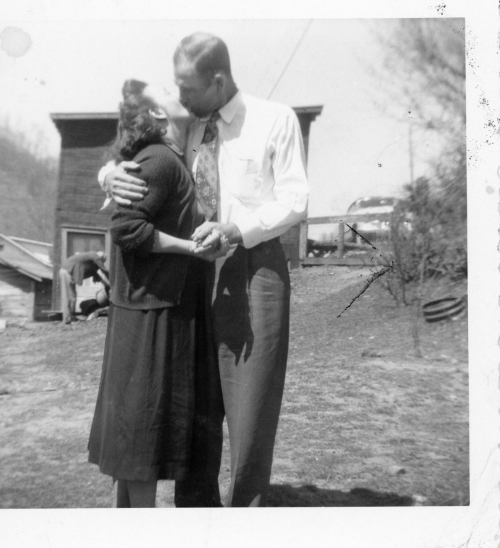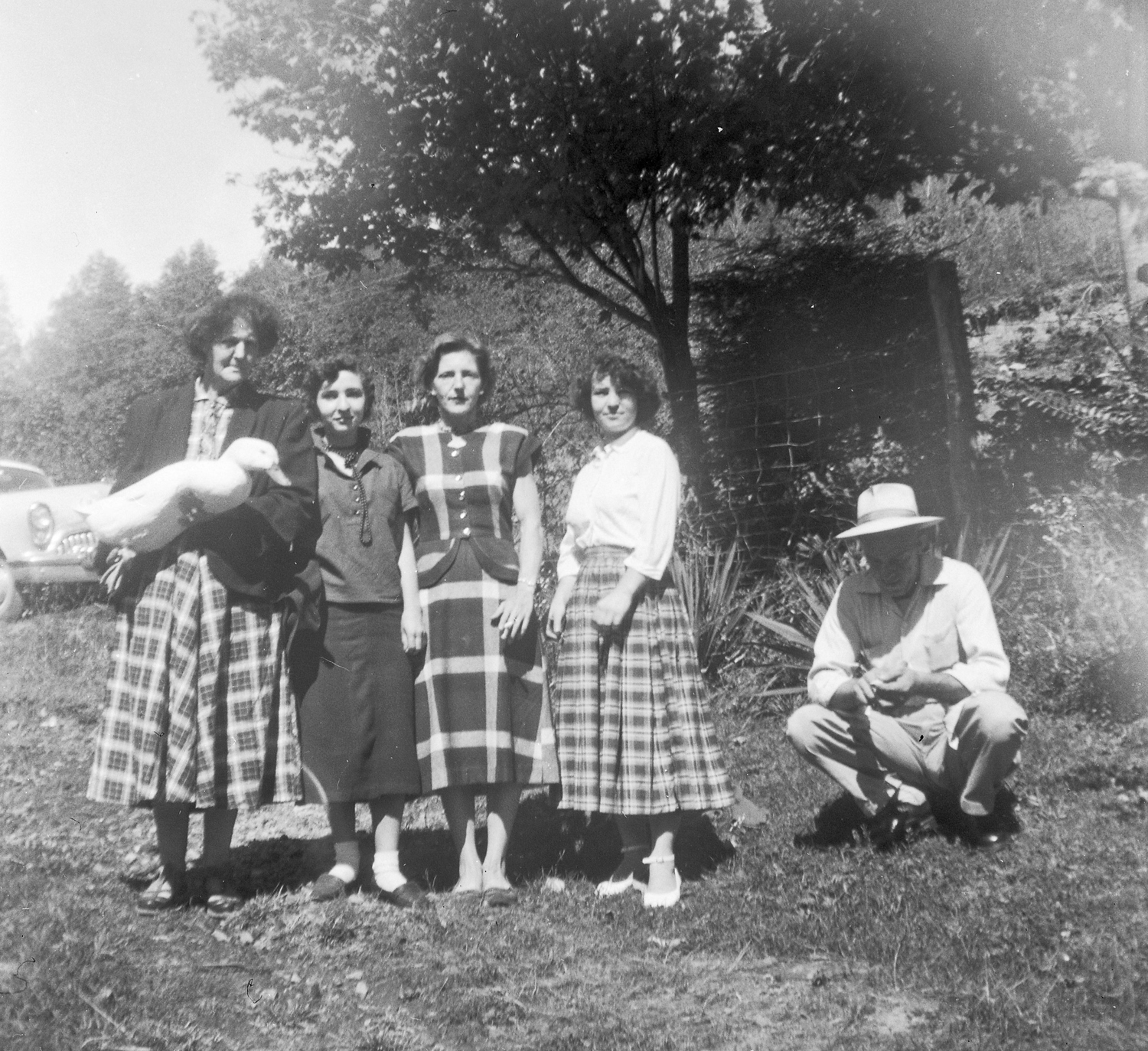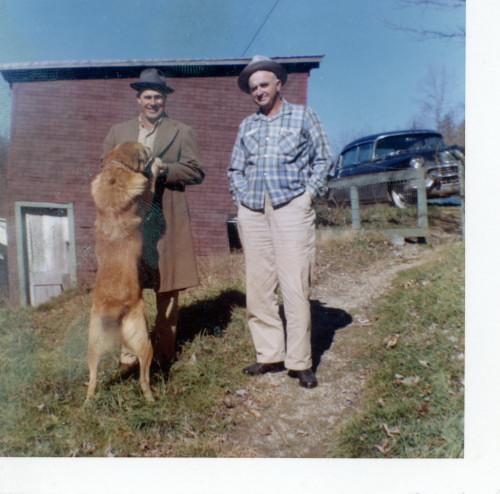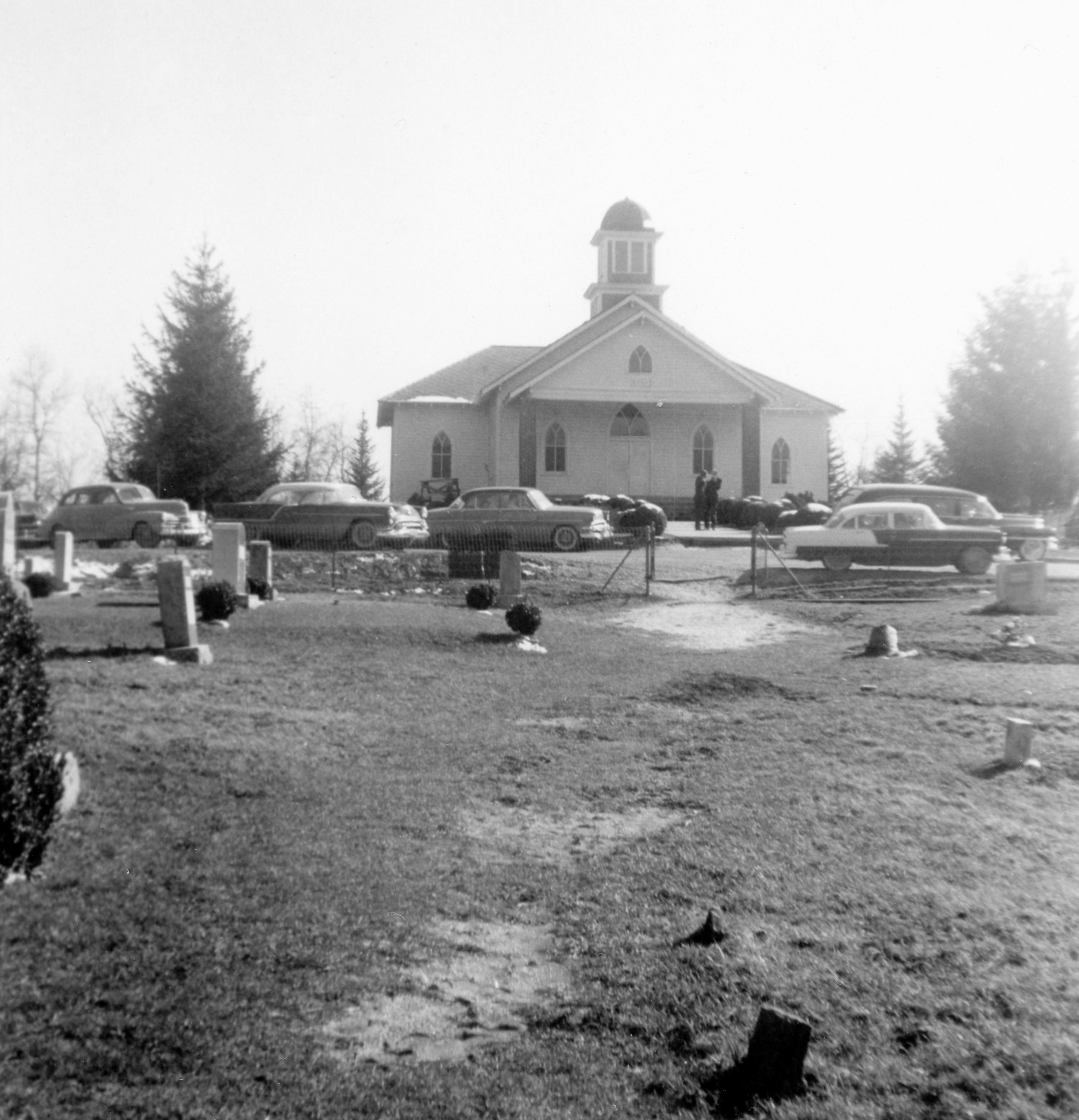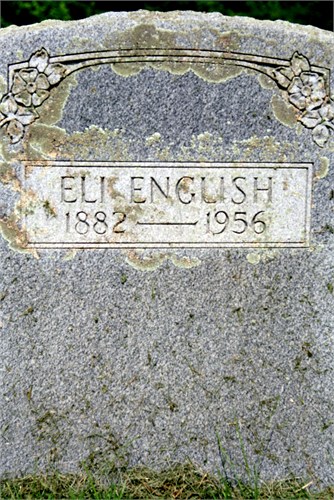Using Newspapers to Fill Gaps and the Tragedy of Ed Stafford
/If you had known my paternal grandfather, Frank Stafford, you never would have known he had such a sad and profound past. To me, he was the man who put Bactine and multiple band aids on my knees when I fell, the man bought lottery tickets and let me hold them for good luck when the numbers were announced on TV that night (we actually won $80 once), and the man who loved watching Sanford and Son, laughing at almost everything Redd Foxx said. I thought his pain came mainly from the death of his mother, Hannah, but after some recent discoveries, I believe it may have come also from the death of his older brother, Ed.
Sometimes I feel I will never know the mystery of Hannah: what happened to her, why her death date on her grave and death certificate don't match, and what went on with her family after she died. So I began to burrow into the lives she left behind, mainly her husband and children. One family story that stuck with me involved Hannah's son (and my grandfather's brother), Ed. Relatives mentioned to me that he died of electrocution. I figured since electrocution was a pretty horrific way to die, there had to be some kind of documentation out there.
When genealogists and family historians start researching, one of the first and most logical places to look for documented evidence is the censuses. Birth and death certificates usually follow, and I wrote previously about the wealth of information in city directories. Just recently I began to dig into newspapers, and I found some things to answer the questions I have about what happened after Hannah's death at Morganton State Hospital.
I found Ed on the 1910 and 1920 census, and from those I could gather he was born around 1903 (in 1910 he's listed at seven years old). I searched for his death certificate for some time and couldn't find it, mainly because when I did find it, the death certificate had been incorrectly indexed as "Eduard Stefford." But I knew instantly I had found him.
Ed had been working as a welder for the Ideal Motor Company in Winston Salem in 1926 when he died. He was 19 years old, married, and lived at 1027 North Liberty Street. But I had to know more, so I contacted the Forsyth County Public Library and gave a librarian all the information I had. Within the day, he emailed me two articles about Ed's untimely death.
On Sunday afternoon, October 31, 1926, Ed was working on a boiler at the B.F. Huntley Furniture Company plant. As he stepped from a plank to the ground, he grabbed a wire that immediately sent jarring volts of electricity through his body. His manager, Walter Matthews, hear Ed's cry and desperately tried to remove the wire from Ed's hand, but the impact of the voltage threw him to the ground as well. Mr. Matthews finally released him, but Ed died at the hospital before he could be resuscitated.
The article from the Twin City Sentinel dated November 1, 1926, gave me some great pieces of missing information. I knew Hannah died in 1922. I also knew from the 1930 census that her husband, John, and his children ended up in Washington County, TN. But I really want to learn what happened in those missing eight years. And this article gave me some more clues.
First, the article told me Ed had been working for the Ideal Motor Company since 1924. Second, he had two children. Finally, the article gave the location for my grandfather and his family as Rutherfordton, a town about 120 miles from Winston-Salem. So now I know that somewhere between 1921-1922, the entire family left Spruce Pine and was living in Rutherfordton in 1926.
Even though I get elated when I find things like this, the whole tragedy is not lost on me. I can't even comprehend how much sadness this family had to endure. Hannah died in 1922 and by 1926, my grandfather also lost his older brother. I can deduce that after Hannah's death, the family pretty much hightailed it out of the Spruce Pine area. I can only assume Hannah's death and circumstances caused a great deal of shame on the family.
Another puzzling piece of information jumps out on Ed's death certificate. Ed's brother, Ralph, is listed as the informant. The informant on a death certificate is the person who provides all the information needed, such as the address of the deceased, the names his/her parents, whether the person was married, etc. The eldest sibling in the family, Ralph was 28 at the time of Ed's death. But on the death certificate, only his father's name is listed. Where his Hannah's name should be, the entry reads "not attainable or obtainable." Why in the world would Ralph not provide his mother's name? From what I know, he was of sound mind and knew with 100% certainty who his mother was. Did he feel shame, embarrassment? I'm at a loss.
Ralph accompanied Ed's body to Spruce Pine, where the burial took place on November 3 in the Bear Creek Baptist Church cemetery. He rests just a few feet away from his mother, Hannah.







